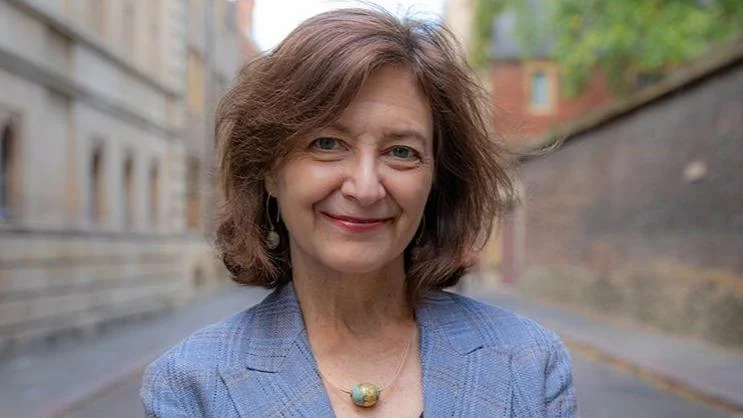An innovative approach to drug discovery has emerged from a collaboration between an artificial intelligence (AI) model and human scientists. The research, led by the University of Cambridge, utilized the GPT-4 large language model (LLM) to identify potential cancer treatments using combinations of existing non-cancer drugs.
The AI was tasked with finding drug combinations that could effectively target breast cancer cells without harming healthy cells. It focused on affordable drugs already approved by regulators, excluding standard cancer medications. The results were promising: three out of twelve suggested combinations outperformed current breast cancer treatments in initial lab tests. Following further analysis, GPT-4 proposed four additional combinations, three of which also showed positive outcomes.
This study marks the first instance where experimental results informed an LLM, which then guided subsequent experiments through its outputs interpreted by human scientists. Professor Ross King from Cambridge’s Department of Chemical Engineering and Biotechnology emphasized that "tools such as LLMs are not a replacement for scientists," but rather can act as supervised AI researchers to enhance discovery processes.
Co-author Dr. Hector Zenil from King’s College London described this collaboration as a new form of partnership between humans and AI, noting that "the AI functioned like a tireless research partner—rapidly navigating an immense hypothesis space."
The research highlighted the potential benefits of AI-induced hallucinations in scientific exploration, where unconventional ideas generated by the LLM were tested and validated in laboratory settings. Among the successful drug pairs identified were simvastatin and disulfiram, typically used for cholesterol management and alcohol dependence respectively.
While these findings suggest new avenues for therapeutic repurposing, any potential cancer treatments would require extensive clinical trials before becoming viable options.
"This study demonstrates how AI can be woven directly into the iterative loop of scientific discovery," said Zenil. Professor King added that "an AI scientist is no longer a metaphor without experimental validation: it can now be a collaborator in the scientific process."
The research received support from the Alice Wallenberg Foundation and the UK Engineering and Physical Sciences Research Council (EPSRC).
Reference:
Abbi Abdel-Rehim et al., ‘Scientific Hypothesis Generation by Large Language Models: Laboratory Validation in Breast Cancer Treatment.’ Journal of the Royal Society Interface (2025). DOI: 10.1098/rsif.2024.0674

